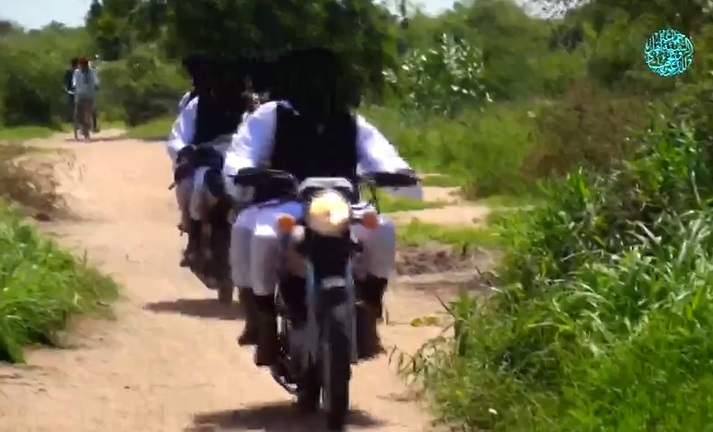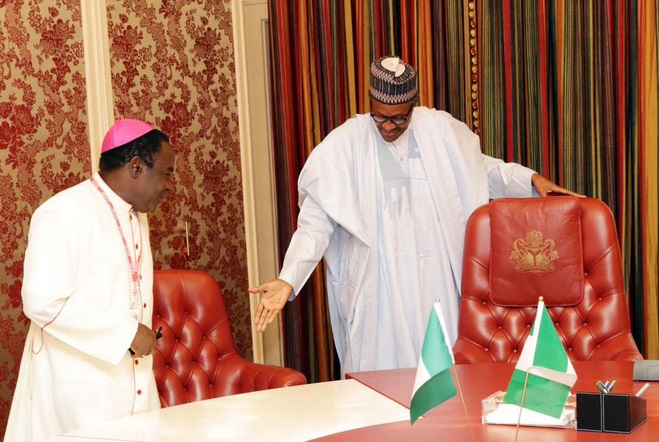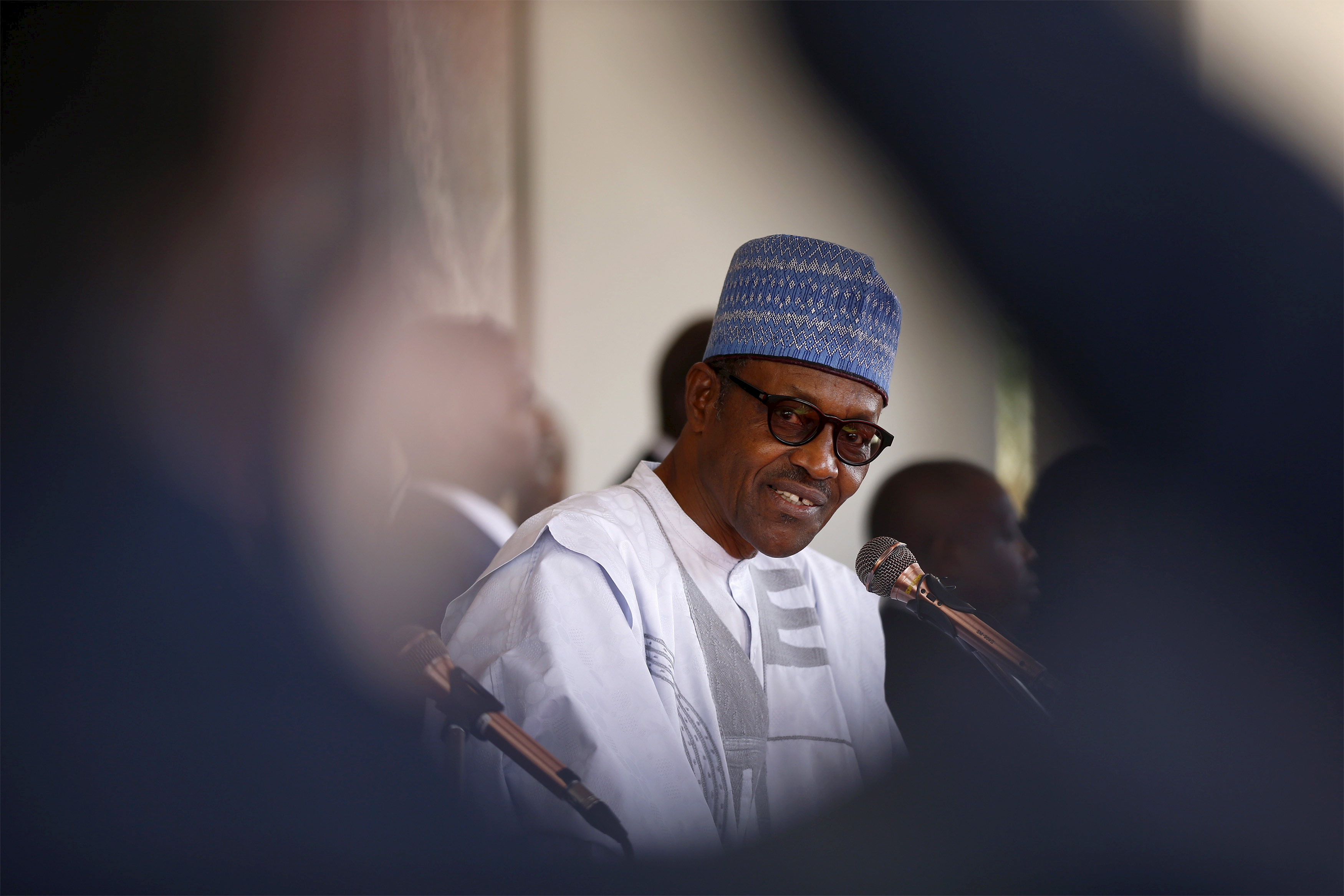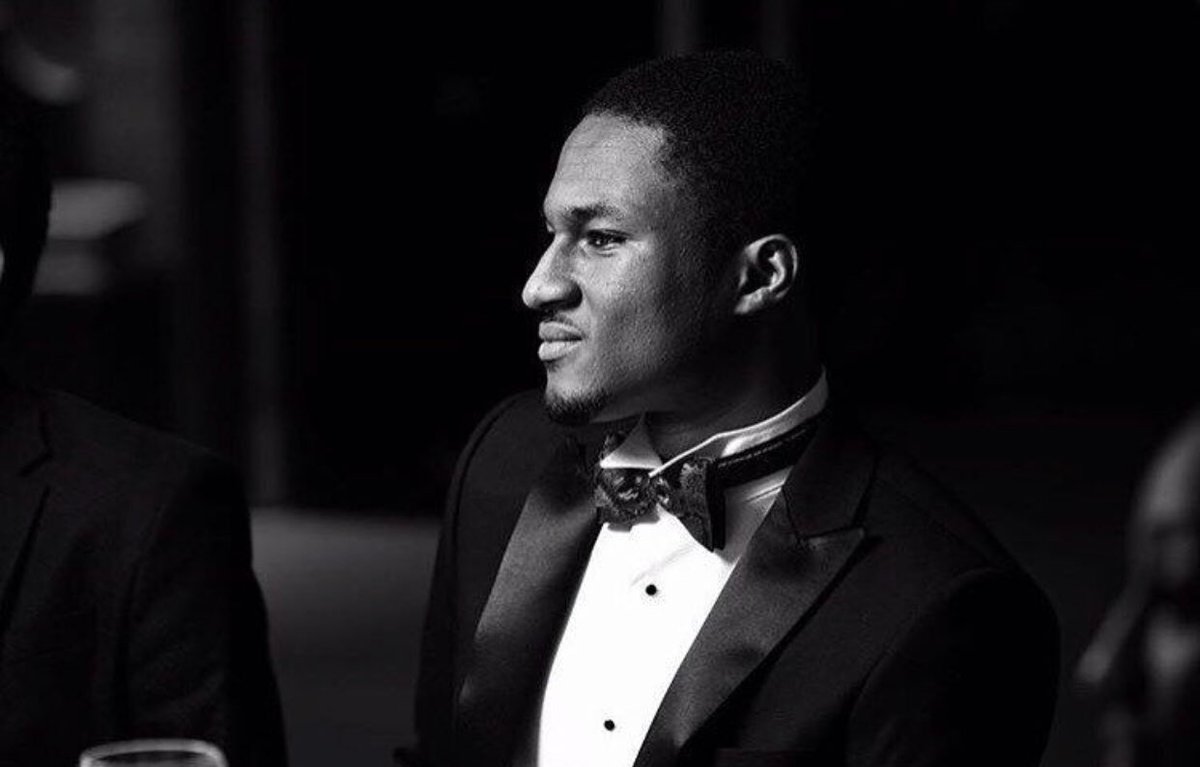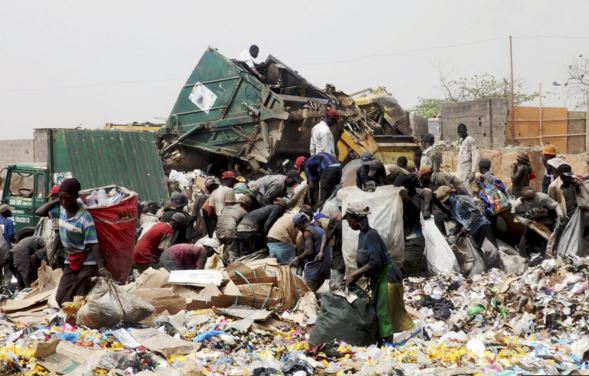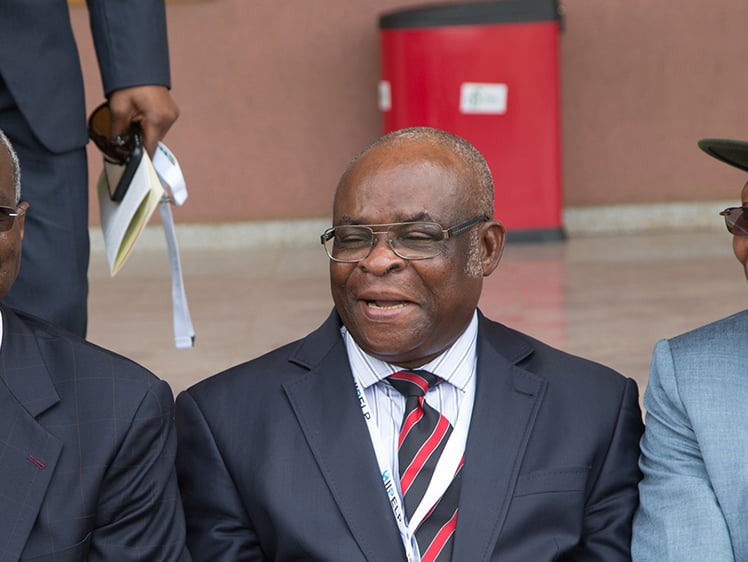Boko Haram Insurgents
A beat reporter provides much more than the what, who, when, where and why of reporting his or her corner of the world. If the reporter is good, indeed diligent at what he does, it shows in the steps he takes to go beyond the superficial, delves in deeper, enriching the reader, the viewer and the public who are invested with the right to know. Journalism is a service that promotes understanding of issues. That was what I aspired to be when I started my journalism career over 17 years ago. When I started with the ‘Boko Haram’ story, in July 2006, the group was only known and mostly referred to as ‘Almajiren Mallam Mohammed Yusuf,’ or the followers of Mohammed Yusuf I also aimed at making a mark.
In Nigeria, at a time when beat reporting, “a genre of journalism that can be described as the craft of in-depth reporting on a particular issue, sector, organization or institution over time,” is at its lowest form, a group of Nigerian editors summoned me last year “out of concern for my well-being” asking that I quit what they called my “fixation with terrorism reporting.” Strangely this was not long after I had similar meetings with a section of security officials that asked me to quit writing and tweeting. According to these acclaimed professional journalists, my fixation on conflict reporting in the Lake Chad basin, a territory eclipsed by terrorism, climate change and famine, bordering four countries, Nigeria, Niger, Chad and Cameroon, was counter productive.
These editors advising me were actually doing this, according to them, with every sense of responsibility, to save me from my “chosen path of self perdition.”
Many people especially journalists have called me arrogant, Boko Haram sympathizer, Boko Haram spokesperson, borderline journalist, and have also referred to my professional doggedness as “Salkida complex.” Why all these, you may ask? Because I chose to focus on a single beat 10 years into my journalism career. My reports frequently brought out the positions of primary sources that often rendered inaccurate generally held beliefs about such subjects. As a reporter, I believe that growing sources in strategic platforms is critical in obtaining information that can make a difference in reporting as well as to society. This has played out serving the greater purpose over the years in my reporting career. I became the first reporter to cultivate a high level network of sources within the insurgency and my reports warned of impending danger long before the crisis sprang out of control.
Theophilus Abbah, one of my former editors and currently the Programme Director, Daily Trust Foundation, a platform that provides data solutions and journalism training, assured that I was on the right path and did not need to be swayed by the cynical comments about me in the public domain. Politicians keen on selling new narratives and those eager to defend their strongly held turf took sides over the revelations that my reports made. When the pressure became unbearable and I self exiled in the UAE, the same politicians who sided with my revelations and rode on the back of those revelations to power began to treat my work as the most inimical and criminal activity. They even declared me a wanted person before the law.
Advertisement
Mr. Abbah recounts to me that “in 1999, he was at the Indian Institute of Mass Communication (IIMC) in New Delhi for a training in Development Journalism. One of the instructors was a journalist with Times of India. He had covered the Indian parliament for 40 years as at 1999. He was so knowledgeable about the Indian parliament that he could analyse trends in the legislature and predict how they would turn out. He was more experienced than many Indian lawmakers, and many sought his opinion on contemporary issues.” Emeka Mba, former Director General of NBC, warns that for Nigeria to make its mark, it needs reporters with a quality sense of “professional rigor and insight.”
Farooq Kperogi, a Professor of Journalism based in Atlanta, spoke on the little appreciation of specialized reporting within the media in Nigeria, “I haven’t conducted a formal study to be able to make definitive pronouncements, but anecdotally, it seems to be the case that journalists are not allowed to stay in a beat for an extended period. US journalists tend to stay longer in their beats than Nigerian journalists. It’s true, though, that even in the US there are occasions when editors think it’s desirable to pull some reporters off a beat, usually when such reporters are getting too cozy with the people they’re supposed to report, when they, as it were, “go native,” that is, be so immersed with their sources that they lack the critical reportorial detachment required to report adequately.”
Was it possible that I at any point got cozy with people involved in what I reported? Not likely because the ones always complaining were those in power and who had the wherewithal to make any reporter get adequately cozy and native. Added to the supporting bands of journalists on the payroll of these politicians that kept pushing the narratives of the politicians. What many do not know is, I have been threatened by the insurgents 13 times since 2011. Most recently on the 4th of January 2018, when a key leader of the so-called Islamic State warned me over my tweets that referred to the group as ‘Boko Haram.’ In 2011, I published an article “Tasking the bases of Boko Haram Islamic Faith,” while I was still a reporter with the Blueprint newspaper’s resident in Maiduguri, the article was critical of their ideology, it didn’t go well. In 2016 in the middle of efforts to free the Chibok school girl’s captives, where I was playing a critical role, I quoted one of the group’s leaders anonymously where he was critical of suicide bombings in the mosques and IDP camps. The group declared that my blood had become something deserving of them to spill and thereafter shot off all communications with me.
Advertisement
I was interrogated by the Nigerian military on several occasions over the course of my duty, they didn’t in any of these instances find anything to hold against me.
I desire to be well-versed in the language(s), issues and developments in the Lake Chad region. I want to be judged by the breadth of my knowledge, as someone who reports with integrity as well as with intensity on the issues I choose to zero in on. Sadly, the authorities who seem determined to jeopardize my career trajectory would neither allow me access to the Lake Chad region and it even got ridiculous when I was not allowed to travel to Biu to bury my mother.
Views expressed by contributors are strictly personal and not of TheCable.

